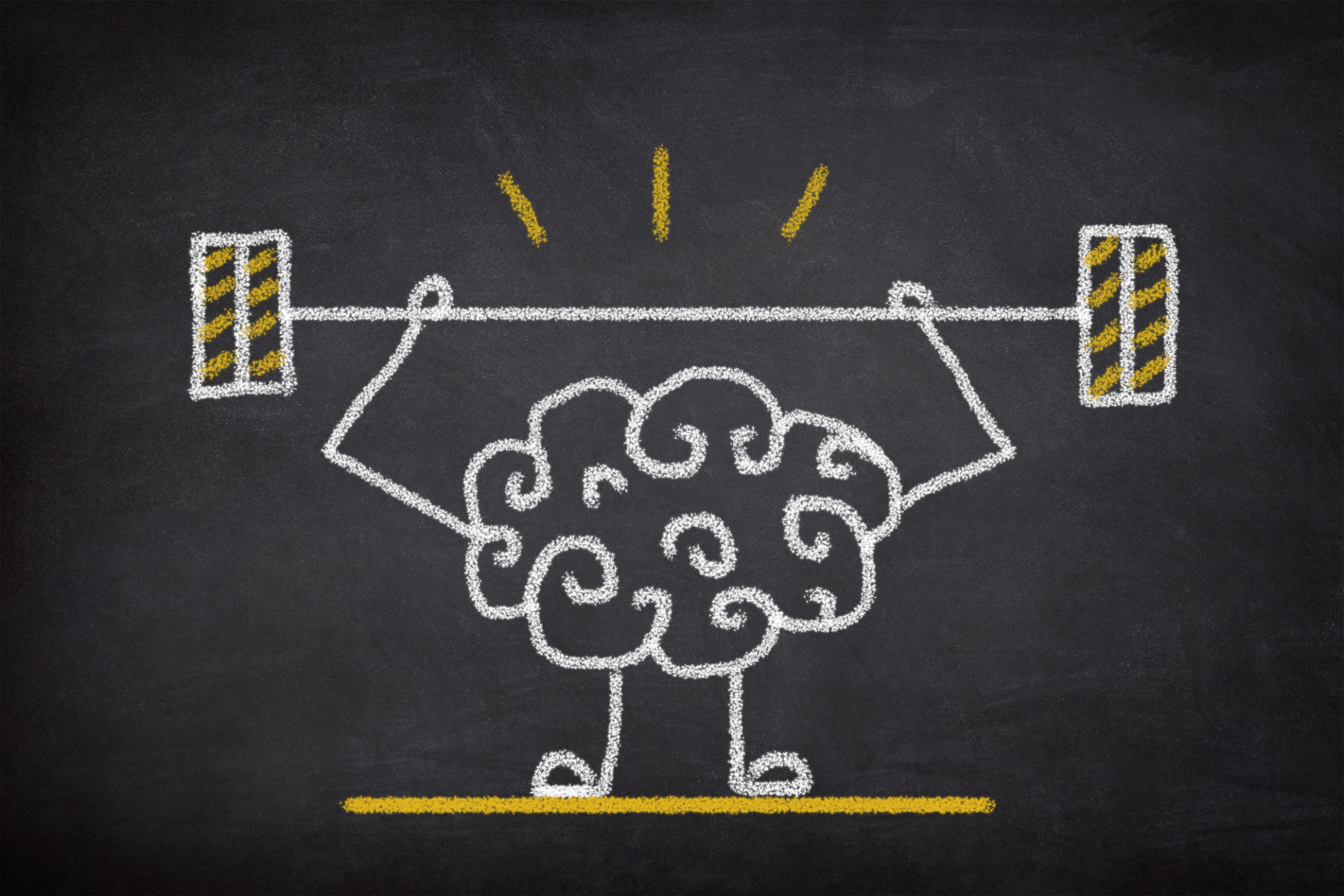Debunking Common Myths About Brain Health
Understanding Brain Health
The brain is one of the most complex and vital organs in the human body, yet it remains shrouded in myths and misconceptions. Understanding brain health is crucial for maintaining cognitive function and overall well-being. This blog post aims to debunk some common myths surrounding brain health, providing clarity and evidence-based insights.

Myth 1: You Only Use 10% of Your Brain
One of the most pervasive myths is that humans only use 10% of their brains. This misconception has been perpetuated by popular culture, but scientific research paints a different picture. Brain imaging studies have shown that we use virtually every part of the brain, and most of it is active almost all the time. Even simple tasks require multiple areas of the brain to work in unison.
Myth 2: Brain Size Determines Intelligence
The idea that a larger brain equates to higher intelligence is another common myth. Intelligence is not solely determined by brain size, but by a complex interplay of factors, including the number and strength of neural connections, environmental influences, and genetic predispositions. While there is some correlation between brain size and intelligence across species, within humans, it plays a minimal role.
Boosting Brain Function
Many people believe that certain activities or supplements can dramatically enhance brain function. While it's true that lifestyle choices can impact cognitive health, it's important to separate myth from reality.

Myth 3: Brain Games Make You Smarter
Brain training games claim to improve cognitive abilities, but evidence supporting these claims is limited. Studies suggest that while these games may improve performance on specific tasks, they don't necessarily translate to overall cognitive enhancement. Engaging in a variety of mentally stimulating activities, such as learning a new language or musical instrument, is more beneficial for brain health.
Myth 4: Supplements Can Boost Brain Power
The supplement industry often markets products as cognitive enhancers, but there is little scientific evidence to support their efficacy. While certain nutrients like omega-3 fatty acids and antioxidants are essential for brain health, they are best obtained through a balanced diet rather than supplements. Eating a variety of fruits, vegetables, nuts, and fish can provide the necessary nutrients for optimal brain function.

Maintaining Cognitive Health
Maintaining cognitive health is about adopting a holistic approach that includes physical activity, mental stimulation, social engagement, and a healthy diet. Regular exercise increases blood flow to the brain and supports the growth of new neural connections. Social interactions can also help reduce stress and improve mental resilience.
It's important to challenge myths about brain health with facts. By doing so, we can make informed decisions about lifestyle choices that truly support our cognitive well-being. Understanding the science behind brain health empowers us to take control of our mental fitness and lead healthier lives.